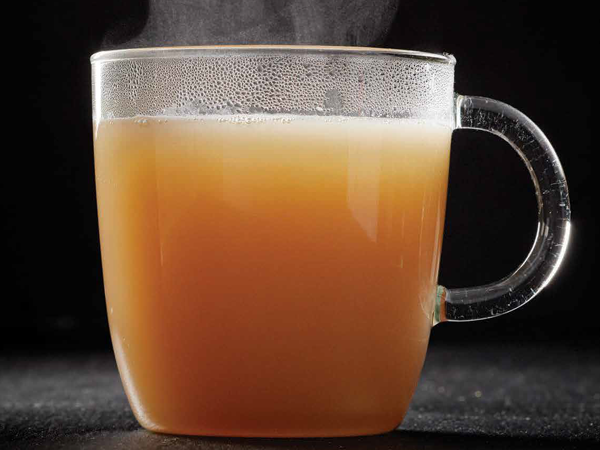Description
What is collagen anyway? Collagen is the most prevalent connective tissue protein in the body. It plays a role in healthy skin, muscles, tendons, and ligaments. Basically, it's the "glue" that holds organs in place, attaches muscle to bone, and knits skin cells into elastic sheets.
To make collagen, the body needs adequate amounts of the following nutrients.
Protein
What it does: Protein produces lysine, proline, and other amino acids that the body uses to make collagen.
Foods: Beef, chicken, tuna, cod, shrimp, beans, eggs, gelatin, cheese (Parmesan, Romano, Gruyere, and Swiss), roasted soybeans, tofu, and lentils.
Daily amount: 50 g/day (this is based on a 2,000 calorie diet and may be higher or lower depending on specific needs)
Zinc
What it does: Zinc promotes cell growth, cell division, wound healing, and healthy elastic skin.
Foods: Almonds, beans, beef, turkey, eggs, oysters, salmon, shrimp, quinoa, lentils, spinach, and pumpkin seeds.
Daily amount: Men 11mg/day; women 8mg/day (women ages 14 to 18, 9mg/day)
Vitamin C
What it does: Vitamin C fights damage to connective tissue caused by inflammation and free radicals.
Foods: Oranges, grapefruit, blackberries, blueberries, raspberries, strawberries, cranberries, kiwi, watermelon, bell peppers, tomatoes, broccoli, kale, and green beans.
Daily amount: Men 90 mg/day, women 75 mg/day
Copper
What it does: The body requires small amounts of copper to replace damaged connective tissue.
Foods: Liver, oysters, lobster, beef, shiitake mushrooms, cashews, almonds, sesame seeds, cooked Swiss chard, cooked spinach, pumpkin seeds.
Daily amount: Ages 19 and older, 900 mg/day; 14 to 18, 890 mcg/day
Bone Broth
What it does: Bone broth is a popular drink or food due to its collagen content. However, the jury is still out on whether the collagen goes straight to joints, skin or areas of the body. That said, it does contain many beneficial nutrients such as calcium and vitamin A.

